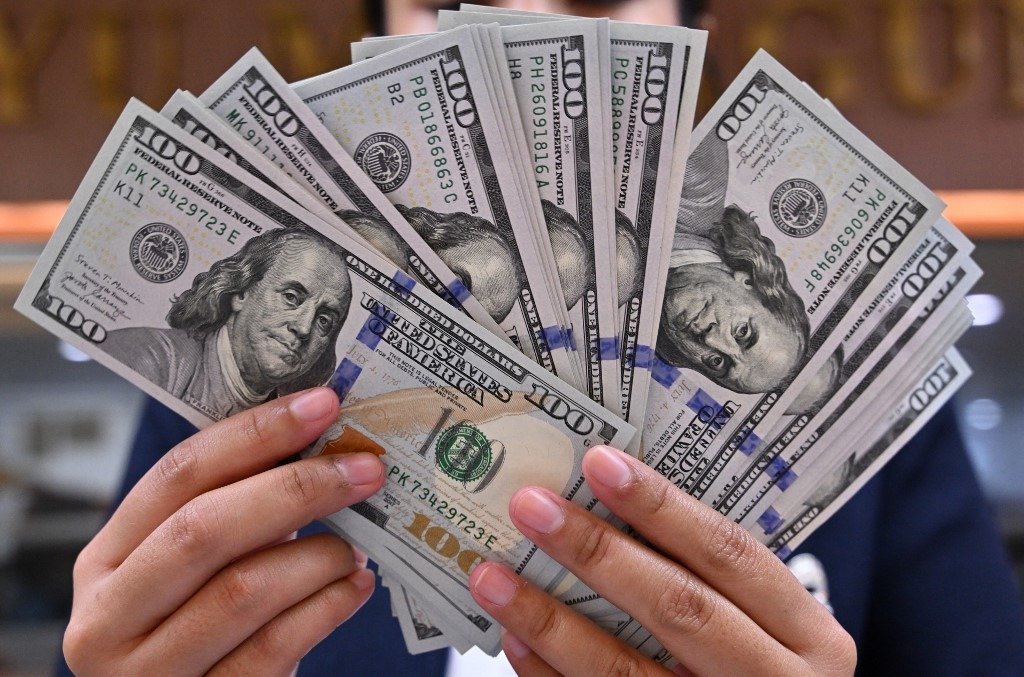The share prices of Britain’s biggest banks fell sharply on Friday after the Institute for Public Policy Research (IPPR) called for a windfall tax on the sector’s profits, raising concerns among traders and investors about the financial implications for lenders. The left-leaning think tank argued that such a levy could generate up to £8 billion annually for the government and help offset significant taxpayer losses linked to the Bank of England’s quantitative easing programme.
The market reaction was immediate, with NatWest and Lloyds Banking Group seeing their share prices fall by more than four percent in early trading on the London Stock Exchange. Barclays also suffered a decline of over three percent, making the three lenders the biggest fallers on the FTSE 100 index. Analysts noted that investor confidence weakened as the prospect of additional taxation raised doubts about the sustainability of profits, dividends, and share buyback programmes that have supported valuations in recent years.
The IPPR’s proposal comes at a sensitive time for the financial sector and the wider economy. Chancellor Rachel Reeves is under growing pressure to meet fiscal rules while simultaneously finding resources to fund Labour’s spending commitments in the autumn Budget. A windfall tax on banks would represent a politically symbolic move, tapping into public frustration over the perception that financial institutions have benefited disproportionately from government and central bank policies, even as households continue to struggle with rising living costs.
The think tank argued that taxpayers have been left carrying the burden of losses from the Bank of England’s quantitative easing strategy. QE, introduced during the global financial crisis and expanded during the pandemic, involved the central bank purchasing government and corporate bonds to push down long-term interest rates and stimulate borrowing. However, as the Bank of England now unwinds these holdings, it is incurring heavy losses by selling government bonds below the original purchase price and by paying higher interest rates on reserves held by commercial banks.
According to the IPPR, these costs are draining public finances by £22 billion a year, which it equated to the entire annual budget of the Home Office. The report described the situation as a “government subsidy to commercial banks,” pointing out that lenders’ combined profits have surged by more than £22 billion compared with pre-pandemic levels. Carsten Jung, associate director for economic policy at the IPPR and a former Bank of England economist, said the design of QE had been deeply flawed, allowing public money to flow directly into bank coffers. He added that while families faced financial strain, shareholders in the banking sector were receiving multi-billion-pound benefits.
The proposed windfall levy would target profits linked to QE while still leaving banks with what the report described as “substantially higher profits.” By clawing back part of these gains, the government could save up to £8 billion a year across the term of parliament. Jung insisted that this would be the first step in addressing what he called a “leak of taxpayer money,” framing the measure as both a corrective policy and a fairness issue.
The banking industry, however, pushed back strongly against the idea. UK Finance, the sector’s main trade association, warned that a new tax would damage Britain’s competitiveness as a global financial hub. The group noted that banks already pay a corporation tax surcharge in addition to a bank levy, and that further taxation would contradict the government’s stated aim of supporting the financial services industry.
Lloyds Banking Group chief executive Charlie Nunn has previously argued against higher bank taxes, saying that economic growth and a stronger financial sector “wouldn’t be consistent with tax rises.” Market analysts also cautioned that the debate could undermine sentiment at a time when signs of business optimism were beginning to emerge. Russ Mould, investment director at AJ Bell, said investors were unsettled by the timing of the discussion, as it coincided with survey data showing an improvement in business confidence despite ongoing cost pressures.
The sharp drop in bank share prices underscores how sensitive the market is to potential shifts in fiscal policy. While the Treasury has not yet commented on whether it will consider the proposal, speculation over tax measures is likely to continue in the run-up to the autumn Budget. For banks, the prospect of a windfall tax raises new uncertainty about future profitability and could signal a shift in the political climate toward a tougher stance on the financial sector.







